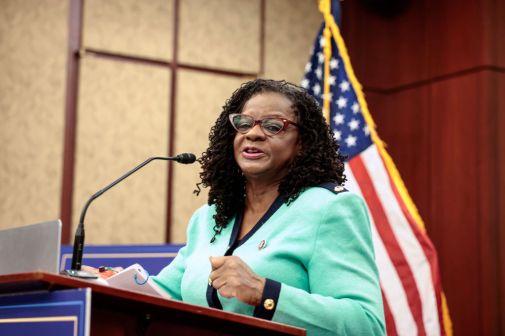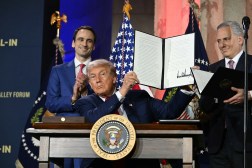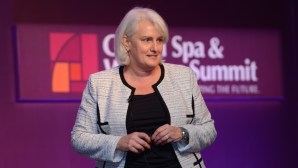A new shared service? Experts push for common federal blockchain use cases

Tony Scott sees value in agencies leveraging blockchain technology, just as long as it doesn’t become another brick to build information siloes across the federal government.
The former U.S. CIO said on a panel Tuesday at the American Council for Technology and Industry Advisory Council’s Blockchain Forum that while the interest around distributed ledger technology may be starting to peak, he worries that a litany of pilots could fragment the benefits.
“While there could be tens of thousands, if not more, of really interesting use cases for blockchain in the federal government, probably the wrong thing to do is for there to be 10,000 or more individual siloed, narrow permutations of the technology,” he said.
Instead, Scott said agencies need to focus on the shared applications that blockchain could improve — identity, data sharing, financial transactions and others — and apply them to a unified platform.
“The real benefit of this, I think, is in common use across multiple agencies around common needs,” he said. “The U.S. government could declare certain things as common-use utilities. Why not have an auction and say ‘Who wants to bid on an own blockchain for identity or blockchain for some other set of common uses?’ And [then] license or auction off that use case to companies that are willing to invest in the technology, platform or common layer that multiple agencies could take advantage of.”
It’s an idea that sounds remarkably like shared services, which the Trump administration has made a central tenet in its IT modernization strategy. But Dcode founder and CEO Meagan Metzger said while the notion shows promise, there’s a long path ahead of most agencies to develop it.
“I think there is some really strong use for it, I just think it’s a way off,” she said. “It’s definitely something to be very cognizant of, that we don’t want siloed blockchains, but some of the best use cases for blockchain are going to be the ones that are inherently trying to take down silos.”
Metzger said that blockchain is most effective when it has multiple agencies in the chain, whether it would be a federal employee’s work record to streamline agency work transfers or information sharing within the component agencies of the Department of Homeland Security.
“Allowing agencies to participate in blockchain can allow them to more easily exchange information with each other,” she said. “There are some really interesting applications for some shared service-like [solution] when it comes to public-facing services.”
But there has to be a foundation in place to make such sharing work, and agencies are only now starting to examine how they might use the technology.
“Some of the technical and business challenges would be that you need the agency to buy into the concept, update their processes and then look at how to technically implement blockchain,” Metzger said.
One way to get there a little faster, she added, would be to leverage solutions, like ChromaWay, that can utilize blockchain protocols on an existing database, rather than having to shift troves of agency data onto a new platform.
“I think the government will need to look at solutions more like that to make it become a reality,” she said.
But before agencies decide to broadly adopt blockchain, Scott said that the government would be best served to lay the groundwork for a common foundation and platform now.
“My plea is for some degree of planning and thoughtful sort of direction, but also enabling framework that would allow some of this utility value of blockchain to really flourish and reach its full potential,” he said.






